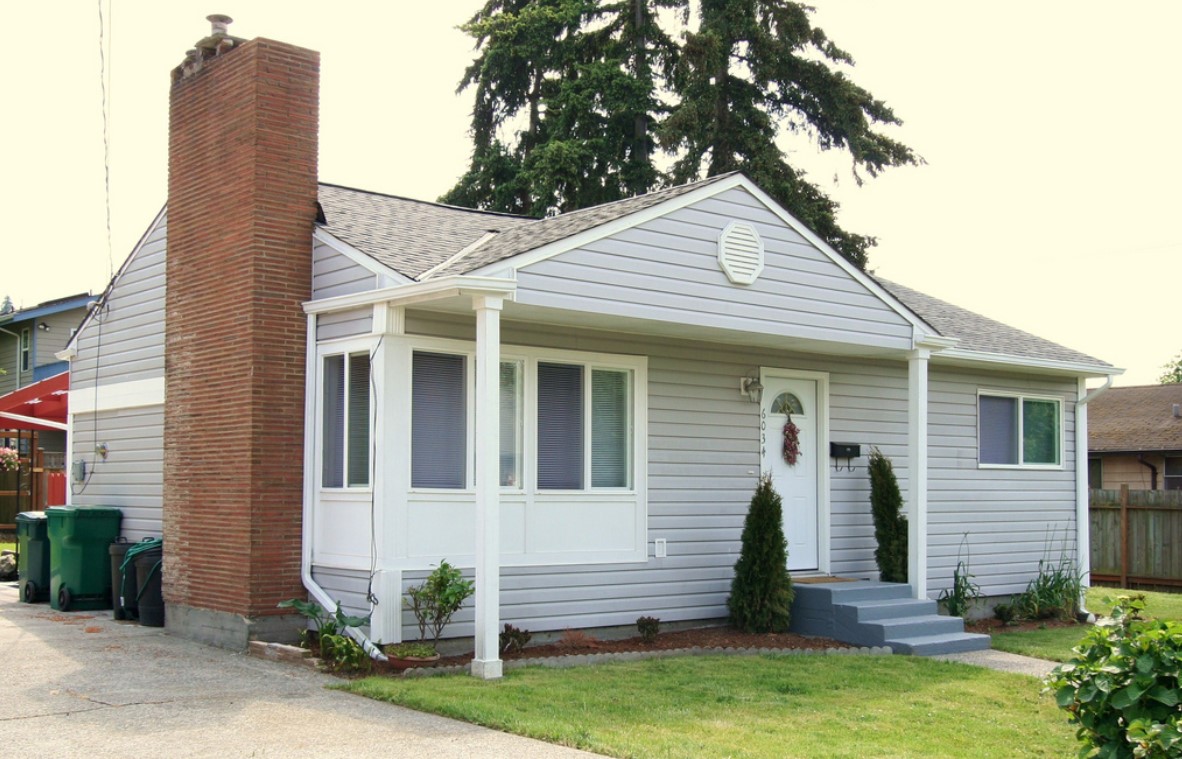Property investment is one of the best ways to make money out of your savings, and investing in UK city centre property. Above all, it has been proving an incredibly smart investment strategy. Researchers always said that location is the most important part of a property investment and city centre postcodes in some of the UK’s booming regional cities. These are becoming highly sought after by investors from around the world.
Why People are Investing in City Centre Property?
Over recent years, there has been a noticeable and obvious shift in the number of people choosing to live in the city centre. There are many reasons for this, including increased opportunities, a desire for a cosmopolitan lifestyle and so on. Aside from that one of the significant rises of investing in city Centre properties are in the number of people moving to the city for university and staying there. For buy to let property investors, it is wise to choose a property in a location where there is high tenant demand. After all, this ensures high rental returns and fewer void periods. According to figures from the Office for National Statistics, Liverpool had the fastest growing city centre population in the UK. It happens with a population increase of 181% between 2002 and 2015. Other cities have also registered record population growth; Leeds’ population grew by 150%, Manchester by 149% and Birmingham by 163%. Such huge population growth has led to an incredibly high demand for rental property, with new apartment buildings becoming the most sought-after option. As cities grow up as well as out, investing in city centre property has never been so lucrative.
The Benefits of Investing in City Centre Properties
Investing in city centre property is also advantageous due to the premium tenants who are looking for these city centre rental properties. Every landlord has an ideal tenant in mind, and if you are looking for highly educated, high earning and stable tenants, then city centre property is perfect for you. More than a third of city centre residents have a degree, with many moving to the city for education. Over half of the people living in big cities work in highly skilled professional occupations like financial and legal services and the digital sector. Many of them are also happy to get the renting for a longer period of time as part of the so-called generation rent. This is all about preparing to pay a premium for better quality accommodation with extra options. These are like high-speed internet, communal gardens and cleaning services.
Additional Benefits of Investing in City Centre Properties
Major urban regeneration programmes have been witnessed across many of the UK’s big cities. This is totally transforming them from tired post-industrial sprawls to thriving modern hubs. This has made city centre living far more appealing, with better access to jobs, leisure activities and lifestyle choices. Projects such as Liverpool One, Manchester’s MediaCityUK and the Albert Dock show just how much of a difference regeneration efforts can make. Furthermore it can increase house prices and rental demand. Property investment firms like RW Invest have seen a huge surge in the number of investors. These are from both at home and abroad who are looking for rental properties in these newly reinvigorated areas. Most UK property has continued to increase in value for a number of years. But when it comes to city centre property, these rises are even more apparent. As well as this, these major projects are often backed by both government and private funding. At these levels which just aren’t seen outside of the city centre. For investors who are looking for a property that has huge potential capital appreciation. In this case, it is obvious why city centre property investment is so lucrative.
Read Also:






















